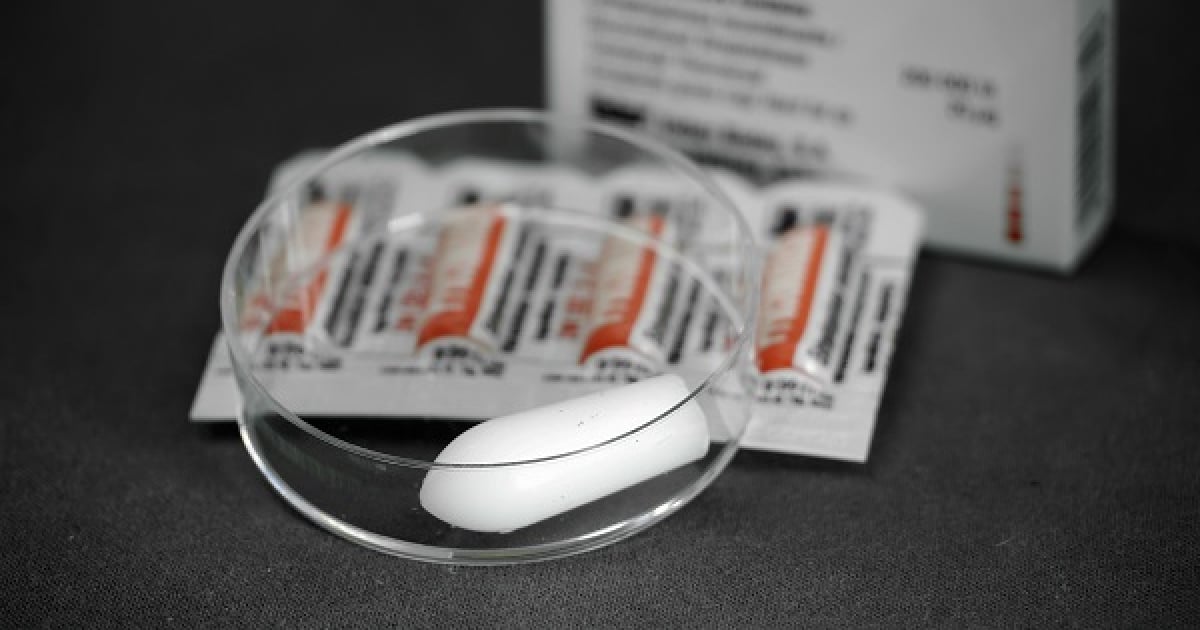The Cuban government has announced the addition of new drugs to the National Basic Medicine List, setting their retail prices in local currency at levels that are prohibitively expensive for the working population. This decision, documented in Resolution 324/2024 by the Ministry of Finance and Prices, was officially published in the Official Gazette of the Republic of Cuba on February 26, 2025.
Pricey Medications for Cubans
The official document outlines the newly introduced medications and their respective prices as follows:
- Proctokinasa (suppositories, pack of 4 units): 352.50 CUP
- Hebermin (Recombinant Human Epidermal Growth Factor, 30g bottle): 390.00 CUP
- Nasalferón (Recombinant Human Interferon Alfa 2b, nasal solution in 2 ml bottle): 172.50 CUP
- HeberFast Line - MaterniTest II (early pregnancy self-test, one test kit): 120.00 CUP
For many Cubans, these prices are unaffordable, especially considering the high cost of basic services and food in the current climate of inflation and scarcity. The average salary in Cuba stands at roughly 4,500 CUP, equivalent to about $13.24 USD at the current exchange rate of 340 CUP per 1 USD. This means those in need of these medications face the tough choice between buying medicine, paying for electricity, or feeding their families.
Ongoing Crisis and Shortages
Since January, the pharmacy shortage crisis in Cuba has prompted the government to step up measures to ration the insufficient supply. Authorities have attributed this scarcity to external factors and the rising costs of raw materials on the international market.
Patients with chronic conditions such as hypertension, diabetes, and asthma are encountering serious challenges in accessing their treatments, jeopardizing their health. In some areas, new distribution systems have been implemented to organize medication sales, assigning specific days based on each patient's medical office.
More than 70% of essential medications are currently unavailable in Cuba, accounting for over 460 drugs from the basic list. This has fueled the growth of the black market, where medication prices have soared.
The government has implemented measures such as waiving tariffs on medication imports by travelers, but these efforts have fallen short of alleviating the crisis. Cubans continue to struggle with significant barriers to obtaining essential medicines, worsening the country's health crisis.
Understanding Cuba's Medication Crisis
What are the new medications introduced in Cuba?
The new medications include Proctokinasa, Hebermin, Nasalferón, and HeberFast Line - MaterniTest II, with prices ranging from 120.00 to 390.00 CUP.
How does the medication shortage affect chronic patients in Cuba?
Patients with chronic illnesses like hypertension, diabetes, and asthma face severe difficulties in accessing necessary medications, putting their health at risk.
What measures has the Cuban government taken to address the medication crisis?
The government has waived tariffs on medication imports by travelers, but these measures have not been sufficient to resolve the ongoing health crisis.
